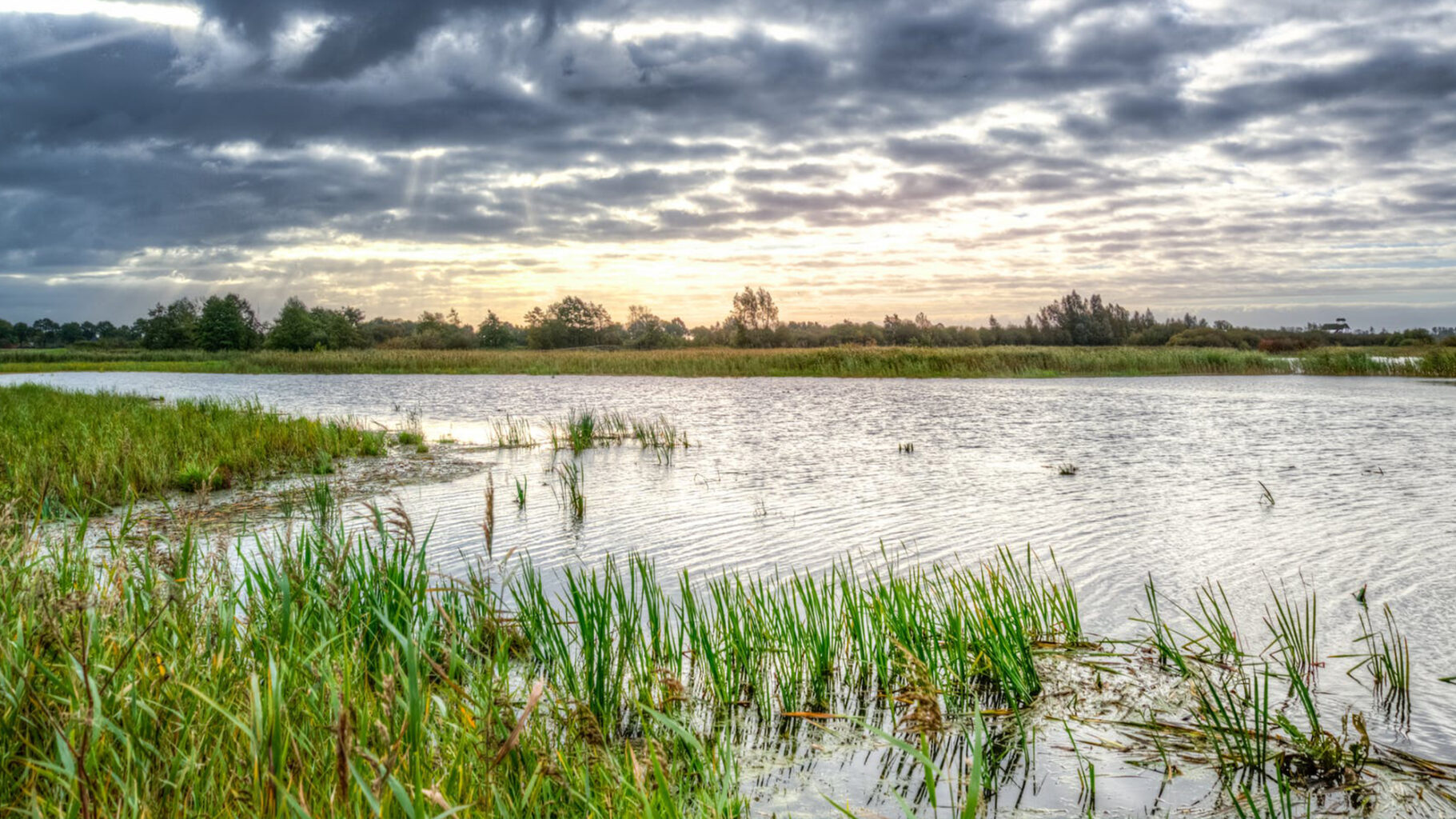By Lorna Clark, MSc Sustainability and Environmental student at University of Strathclyde
I am Lorna Clark and I am currently studying an MSc in Sustainability and Environmental Science at the University of Strathclyde. My specific areas of interest are in developing sustainable solutions to tackle climate change and biodiversity loss. As part of the Collaboration with Industry module I have been working with Seawater Solutions to study the voluntary carbon credit market to inform market entry strategies. I chose to work with Seawater Solutions as I am passionate about the work that they are doing to promote the importance of wetland habitats. I was really excited about the project as it explored the logistics of applying wetland restoration in a business setting through assessing the market viability of wetland-generated carbon credits.

Carbon credits are units of sequestered carbon that can be purchased by someone to offset their emissions. These credits can be bought and sold through the voluntary carbon market, where this trading is done without governmental obligation.
Seawater Solutions is looking at using wetland restoration to generate carbon credits, as wetlands act as carbon stores, drawing carbon dioxide out of the atmosphere and storing it in their dense root systems. The recorded stored carbon can then be converted to sellable credits and purchased on the voluntary carbon market.

The voluntary carbon market is experiencing a deficit of nature-based carbon sequestration after seeing an increase in demand of 30% for this type of project (2019) and an accompanying decrease in production. Wetland restoration would fall under nature-based sequestration as it is also creating a biodiverse habitat in the process of carbon sequestration and Seawater Solutions could take advantage of this emerging deficit.
Consumers favour locally produced credits, which sell at a higher price, as projects are closer to home and are more impactful to the buyer. To obtain the best price for credits, it is wise to target selling as locally as possible, whilst balancing pursuing a market with a high level of demand. Seawater Solutions is looking to launch their wetland carbon capture projects in Glasgow to support the city’s hosting of COP 26. As a result, it would be most advantageous to sell credits generated from this project on the UK voluntary carbon markets.